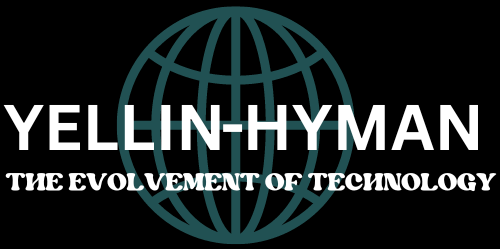Artificial intelligence (AI) like online casinoclic.com/fr games is one of the most hyped technologies in recent years. While it’s been around for decades, only recently have we seen a dramatic increase in its capabilities and applications. The potential benefits are huge: from helping us to understand our world better, to improving healthcare, education, transportation, energy production and distribution, manufacturing, retailing, banking, insurance, and much more. But there’s also some serious risks that need to be addressed before this technology can become mainstream. In this article, I will discuss 10 key areas where AI could revolutionize our lives by 2030.
Healthcare
The use of AI in medicine has already started with the development of IBM Watson, which was used to diagnose cancer patients. More recently, Google DeepMind created an AI system that can play Atari games at superhuman levels. These advances are just the beginning. By 2020, researchers expect to see AI systems capable of diagnosing diseases such as diabetes and Alzheimer’s disease, predicting drug effectiveness, recommending treatments, and even prescribing medications.

Transportation
Self-driving cars are now being tested on public roads, but they won’t replace human drivers completely until they can handle all situations safely. This means developing AI that can interpret complex traffic signals, anticipate road conditions, and make decisions quickly. It may not seem like a big deal today, but imagine if you had an AI assistant that could help you navigate your way through traffic or find the best route home when you were tired.
Energy
Energy demand is expected to grow rapidly over the next few decades. To meet this demand, we need to develop new sources of power. One possibility is using solar panels to create electricity, but another is harnessing the wind to generate power. Wind turbines can be very large, so creating them requires a lot of space. An alternative is to use smaller scale wind turbines called micro turbines. They can produce significant amounts of energy while occupying less land. However, current wind turbine designs aren’t optimized for efficiency, which limits their output. A new generation of AI-enabled wind turbines could improve performance significantly.
Manufacturing
Manufacturing is currently a highly manual process. For example, the assembly line in automobile plants produces millions of vehicles every year; however, this process is extremely inefficient because it requires workers to spend hours doing repetitive tasks. AI can automate many parts of the manufacturing process, including quality control, object recognition, material handling, packaging design, and scheduling.
Retailing
Retailers worldwide are facing increasing pressure to reduce costs and invent new ways to attract customers. As consumers continue to shift towards eCommerce shopping, retailers are adopting new strategies to compete. Some companies are experimenting with self-service kiosks, while others are considering introducing robots to take inventory. Soon, these innovations might extend beyond brick-and-mortar stores and into online platforms.
Banking
Banks around the world have been operating with outdated technology for years, putting customer information at risk. The finance industry’s rapid advancement stems from increased competition and consumer demands. In response, financial services providers should consider how artificial intelligence and machine learning can improve the experience of banking customers.

Insurance
Currently, insurance companies are slow to adopt changes, but the market is changing fast. Customers will begin demanding more personalized service and higher-quality content. At the same time, businesses will seek innovative solutions that lead to lower operational costs. Insurers are exploring how AI and automation can improve personalization, claim processing, fraud detection, and underwriting among other areas.
Construction
The construction sector has also seen tremendous growth in recent years. Building materials such as steel and concrete are taking longer to manufacture than ever before. Artificial intelligence and robotics can accelerate production processes by saving labor, reducing variability, and improving accuracy.

